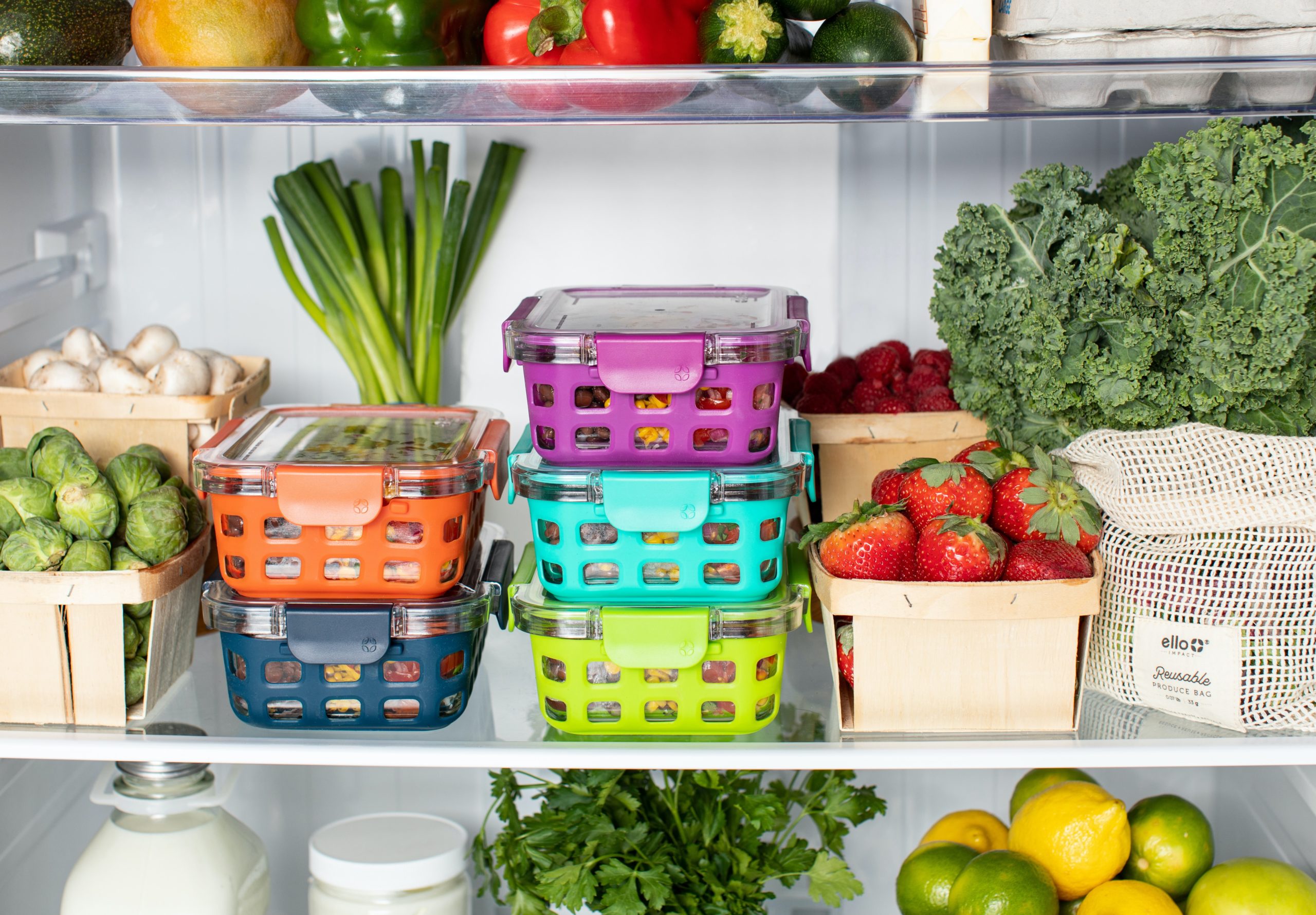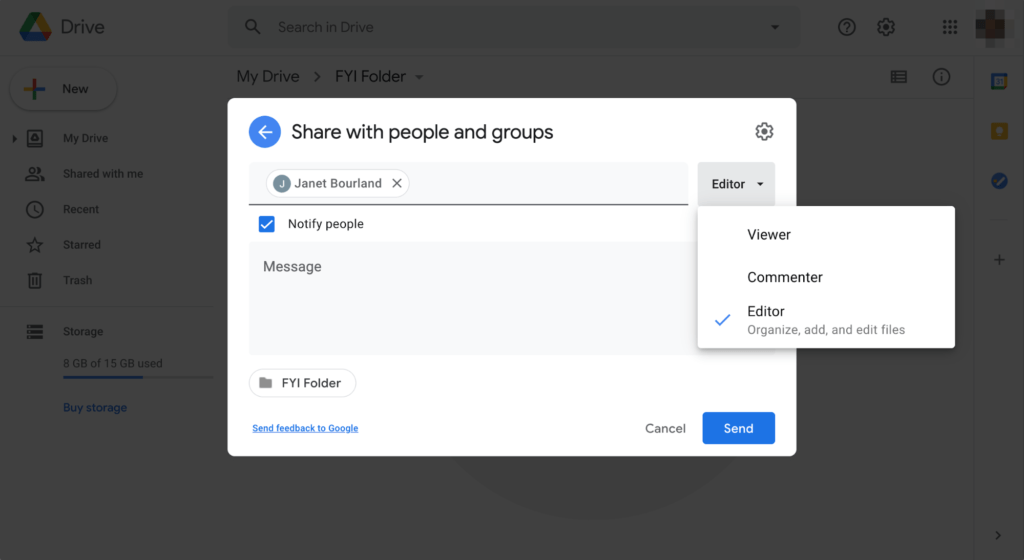How to Store Food Properly to Avoid Waste

Food waste is one of the biggest problems in homes today. Not only does it waste money, but it also affects the environment. The good news is that you can save both money and food by learning how to store food properly. With the right storage tips, your groceries can last longer and stay fresh.
Here are some smart ways to store different types of food:
1. Store Fruits and Vegetables the Right Way
• Keep bananas, apples, and tomatoes separate from other produce, as they release ethylene gas that makes foods spoil faster.
• Wrap leafy greens like lettuce and spinach in a paper towel before putting them in the fridge to absorb moisture and keep them crisp.
• Store potatoes and onions in a cool, dark, and well-ventilated place—but not together, as they cause each other to spoil.
2. Make the Most of Your Fridge
• Keep your fridge at the right temperature: below 5°C (40°F).
• Store raw meat, fish, and poultry on the bottom shelf (in sealed containers) to prevent juices from dripping onto other foods.
• Use airtight containers for leftovers to keep them fresh longer.
• Don’t overcrowd your fridge—air needs to circulate for food to stay cool.
3. Freeze Smartly
• Freeze food in portions so you only defrost what you need.
• Label frozen food with the date so you know how long it has been stored.
• Wrap bread, meat, or cooked meals tightly to avoid freezer burn.
• Remember: Most foods can last 3–6 months in the freezer.
4. Use Airtight Containers and Jars
• Store dry foods like rice, beans, pasta, and cereals in sealed containers to keep away pests and moisture.
• Use glass jars or BPA-free plastic containers for snacks and pantry items.
5. Understand “Best Before” vs “Use By” Dates
• “Best Before” means the food may lose quality but is still safe to eat.
• “Use By” means the food should not be eaten after that date for safety reasons.
Knowing the difference helps you avoid throwing away good food unnecessarily.
6. Plan and Rotate Your Food
• Practice FIFO (First In, First Out): Eat older food before newer ones.
• Plan your meals so you only buy what you need.
• Keep frequently used items at the front of your fridge/pantry and less-used items at the back.
Final Thought
Storing food properly is all about organization and smart habits. By using these simple tips, you can keep your food fresh, reduce waste, and save money. Remember, every small step helps both your wallet and the planet.





